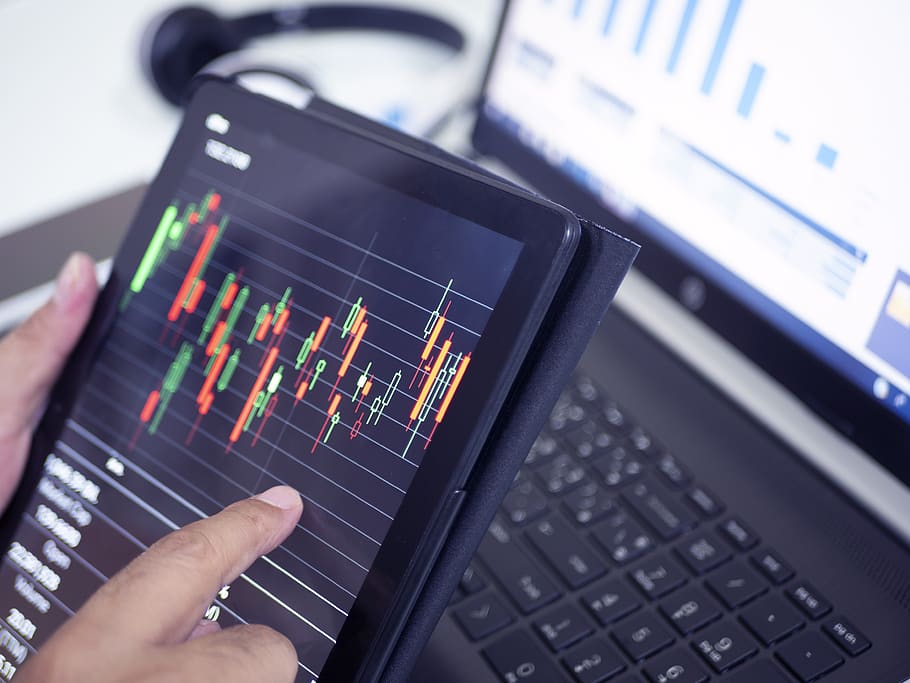Are you thinking about getting into foreign exchange trading? If so, you’re not alone. Due to the internet, it’s easier for people to get involved in foreign currency trading. However, as with any investment, there are risks involved. Therefore, before you start trading foreign currencies, it’s essential to do your research and answer any questions that you may have.

Keep reading to find answers to some frequently asked questions about foreign exchange trading.
What is foreign exchange trading?
In short, foreign exchange trading (外国為替取引)is buying and selling different currencies. Most people who get involved in foreign currency trading do so to make a profit. For example, if you think the U.S. dollar value will go up against the Canadian dollar, you would buy U.S. dollars and then sell them when the value increases.
What are some of the risks involved?
There are always risks involved when it comes to investing, and foreign currency trading is no different. One of the most significant risks is that values can change quickly and without warning. This means you could lose money if you’re not careful. Another risk is a lot of fraud associated with foreign currency trading. This is why it’s essential only to use reputable platforms and brokers.
Can anyone get involved in foreign currency trading?
Yes! Thanks to the internet, it’s easier than ever for people to get started with foreign currency trading. All you need is a computer and an internet connection. However, even though anyone can start trading foreign currencies, it doesn’t mean everyone should. It’s still a risky investment, so be sure that you understand all of the risks involved before getting started.
Why Trade Currencies?
Currencies are traded for two reasons: to make money on the differences in interest rates between two countries and to speculate on changes in the value of a currency relative to another.
Interest rate differentials are the most common reason for trading currencies. For example, let’s say that the U.S. Federal Reserve is expected to raise interest rates next month while the European Central Bank is not expected to change rates for several months. A currency trader would buy USD/EUR because they expect the dollar’s value to go up against the euro as U.S. interest rates rise and European interest rates stay steady.
The other reason to trade currencies is to speculate on changes in their relative values. So, for example, if you think that the British pound is going to appreciate against the Japanese yen, you would buy GBP/JPY.
What is leverage?
In foreign currency trading, «leverage» refers to using borrowed money to make trades. Leverage can be a helpful tool, but it can also magnify your losses if the trade doesn’t go your way.
End Note:
Foreign currency trading can be a great way to make a profit. However, there are several risks associated with any investment. Be sure that you understand all of the risks before getting started. Once you’ve researched and decided that foreign currency trading suits you, start slowly and be careful with your investment choices.
